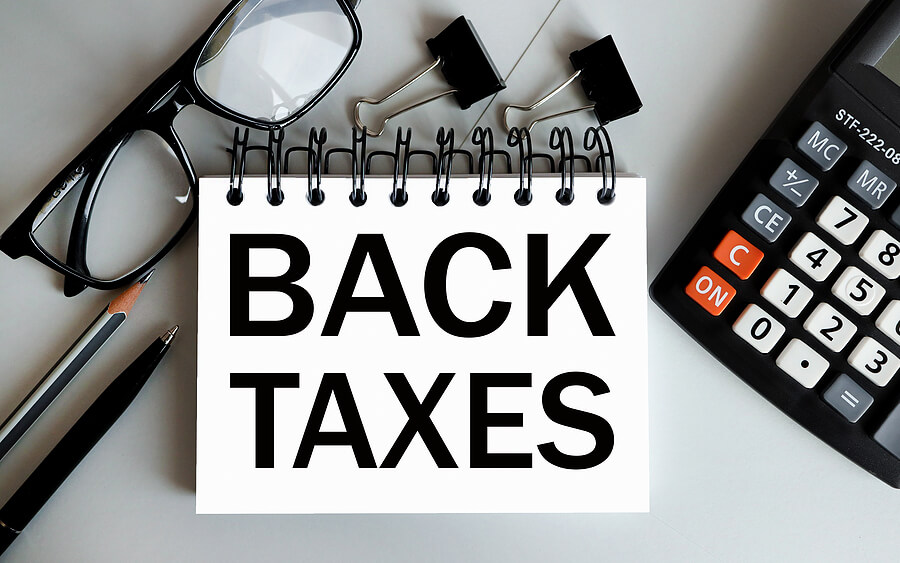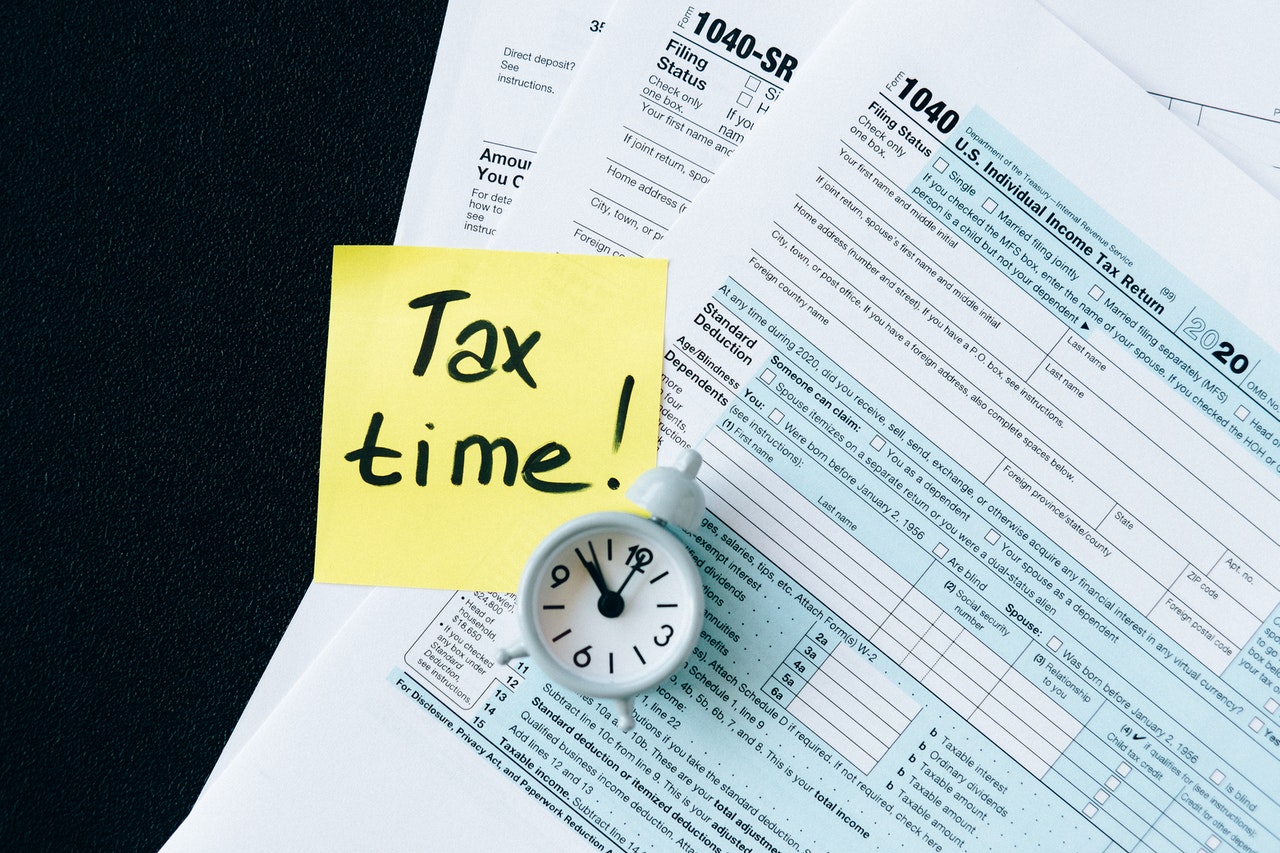

So be careful about how many days you spend at your vacation home or any other location while working remotely.
#PAYING STATE TAXES WHILE WORKING REMOTELY FULL#
You have to pay full income tax on all annual income in some states if you are a resident. If you live in a state for 183 or more days per year, you are likely considered a resident for tax purposes.

In general, there is a common 183-day rule used to calculate residency. These areas include New York, Philadelphia, and Kansas City. Many who live in metro areas on state boundaries already have to deal with this. You may have to pay income tax to two states, which may lead to expensive tax bills. If you live with dual residency - where you spend a portion of the year in different states - you have another tax issue to manage. So investors who make a portion of their income outside of work should pay even closer attention. Having a single employee in a state may create a “tax nexus.” That's a term referring to a business that has operations in a state and has to pay tax there. And employers may have to pay certain taxes in multiple jurisdictions if employees work remotely in different states. Some states don't have an income tax, but most do. But if you start working remotely full-time across state lines, you may have to file and pay tax in two states. If you work in the same state as your employer, your income tax situation probably won't change. However, the following are the most common working remotely tax implications to know about. Each city and state has its own rules, and we can't cover them all here. If you work remotely in the same city and county, you probably won't have any changes to your taxes.īut things get more complicated with taxes while working remotely when it takes you into a different tax jurisdiction. The tax implications of working remotely vary depending on where the office was and where you work now.
#PAYING STATE TAXES WHILE WORKING REMOTELY HOW TO#
How to Boost Your Savings With a CD Ladder.What’s the Difference Between Saving and Investing?.Best High-Yield Savings Accounts For 2021.How to Offset Capital Gains Tax On Your Investments.How to Pay Less Taxes on a Six-Figure Income.How Taxes Affect Your Investment Portfolio.Net Worth Trackers: 7 Best Apps & Tracking Services.Best Budgeting & Money Management Services.Should You Pay Off Your Mortgage or Invest?.How to Choose an Online Financial Advisor.Robo Advisors for Socially Responsible Investing.How to Invest in Single-family Rental Homes.How to Invest in Commercial Real Estate.Selling a Rental Property? Decrease Your Tax Burden.Best Real Estate Crowdfunding Sites for 2022.How to Invest in Real Estate With Little Money.Bitcoin Cash: Which Is the Better Investment Today? How to Cash Out Bitcoin on Various Platforms & Apps.

How to Sell Bitcoin and Cryptocurrencies.Tax Guide to Cryptocurrency Investments.Should You Invest in Bitcoin? (Deep Dive on the Risks in 2022).ETF vs Mutual Funds (and Index Funds) Comparison.How to Beat the Top Traded ETFs & Mutual Funds.Direct Indexing – Beat the Mutual Funds at Their Own Game.How to Invest in Index Funds: Do It Right.Stansberry’s Investment Advisory Newsletter.Best Stock Picking Services & Screeners.Traditional vs Alternative Asset Classes.How to Diversify Your Investment Portfolio.Should ADRs Be Added to Your Portfolio?.How to Know If a Company or Fund Is Really ESG.How to Invest 50k: The Best Place to Invest Money Right Now.How to Invest $1,000: 8 Best Ways to Invest Right Now.


 0 kommentar(er)
0 kommentar(er)
